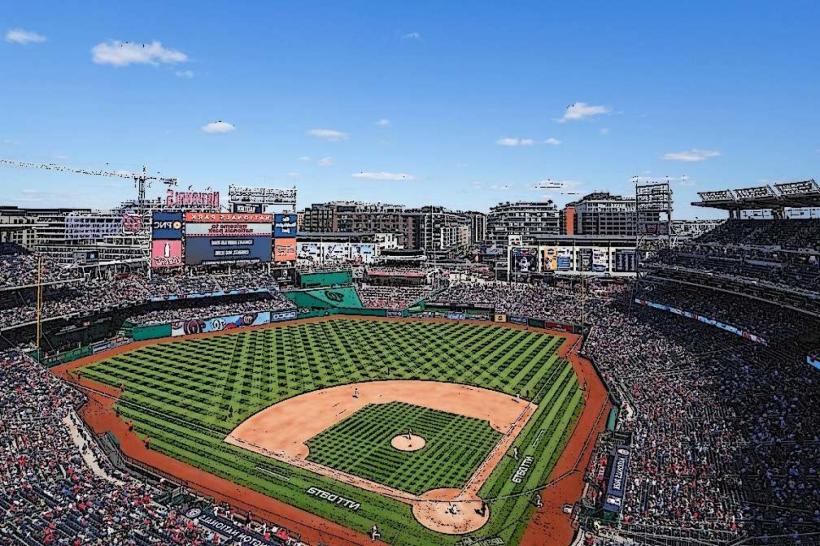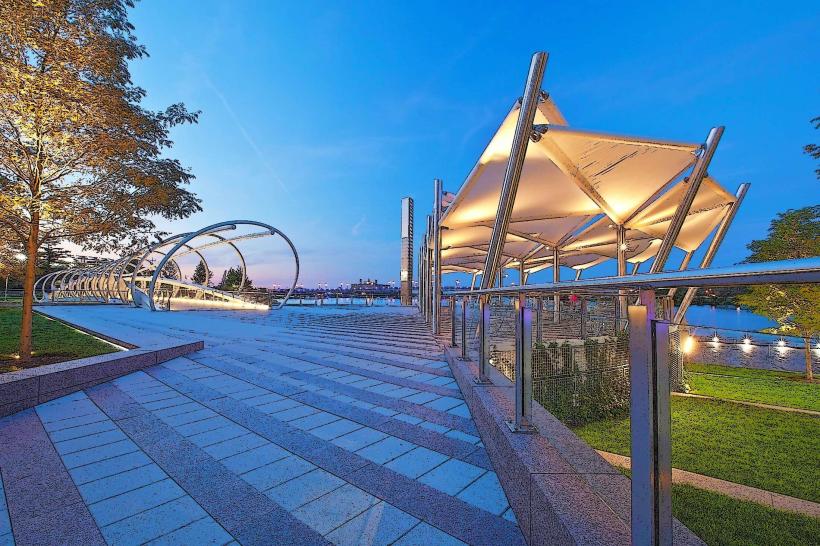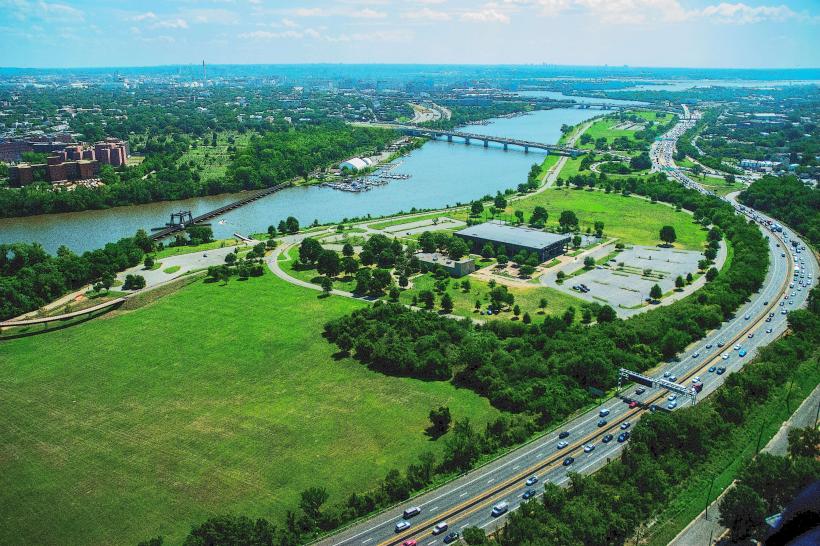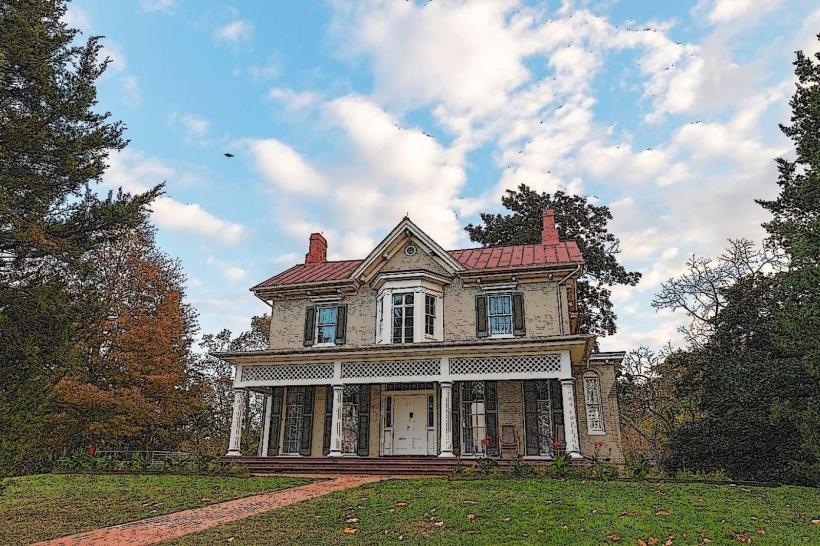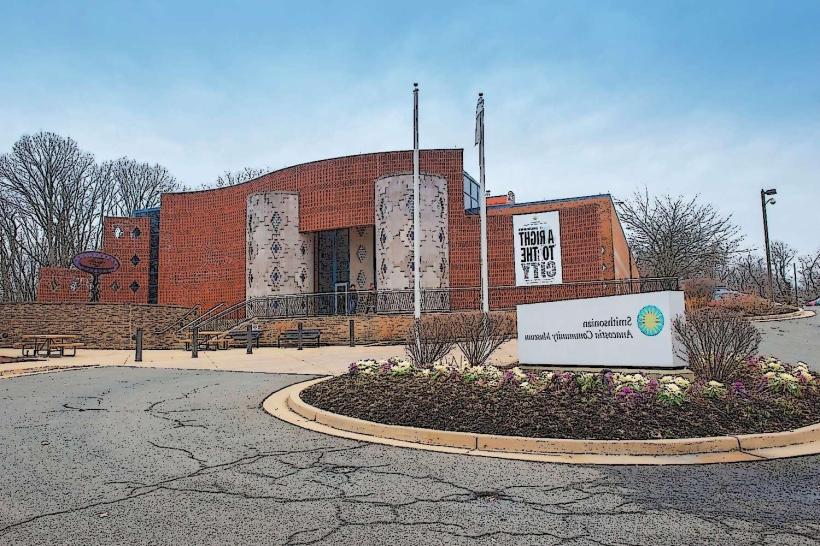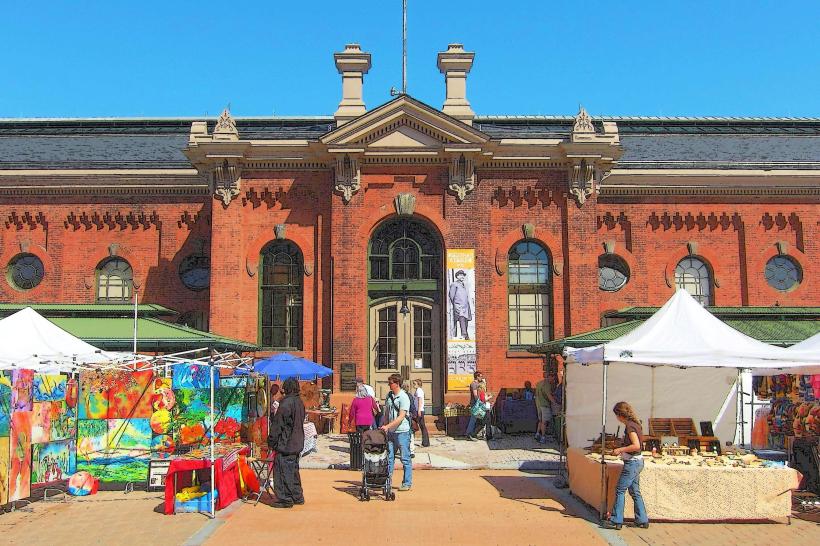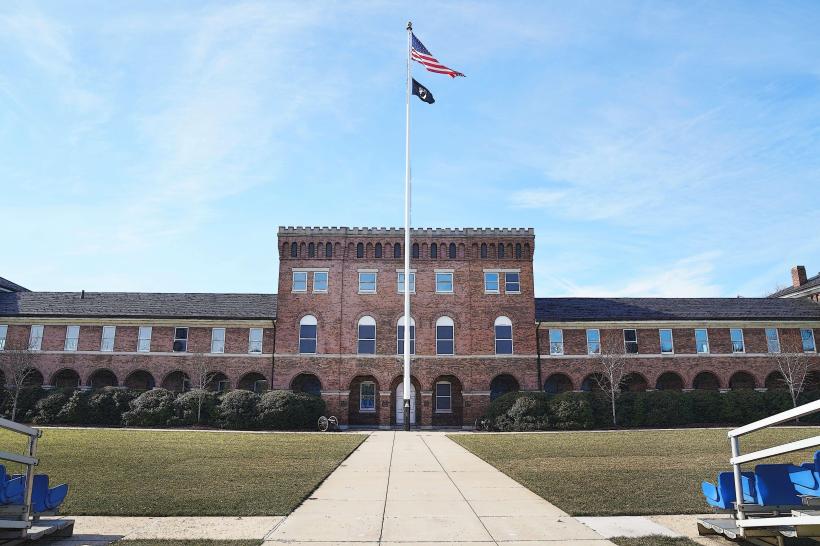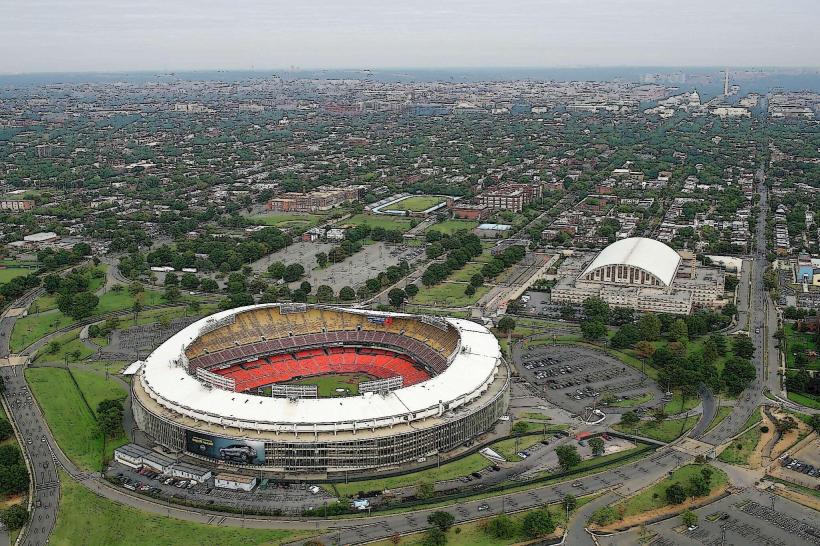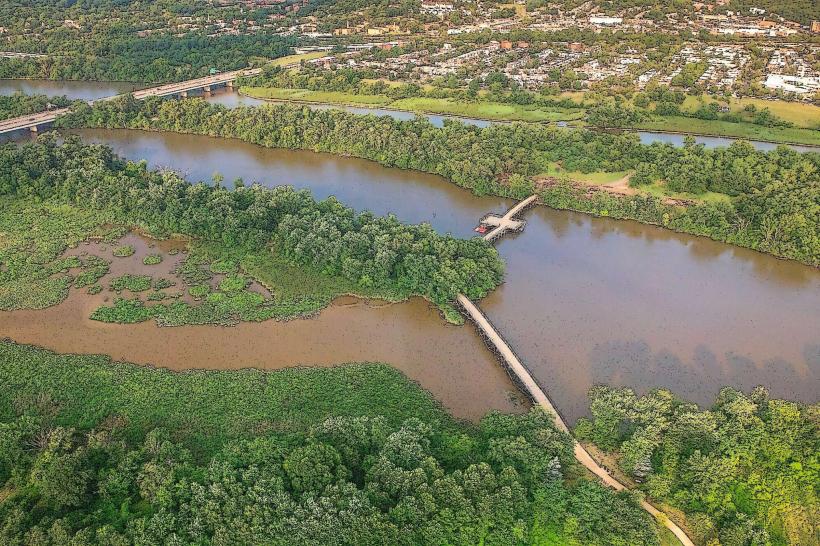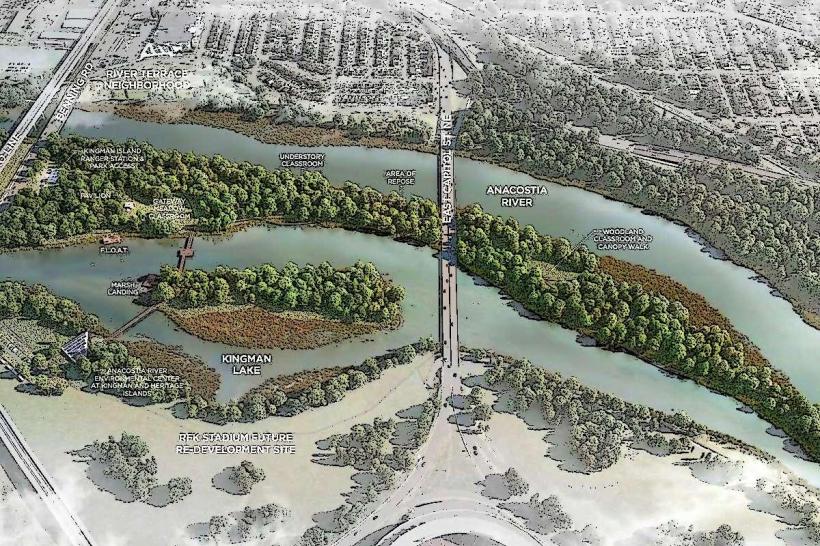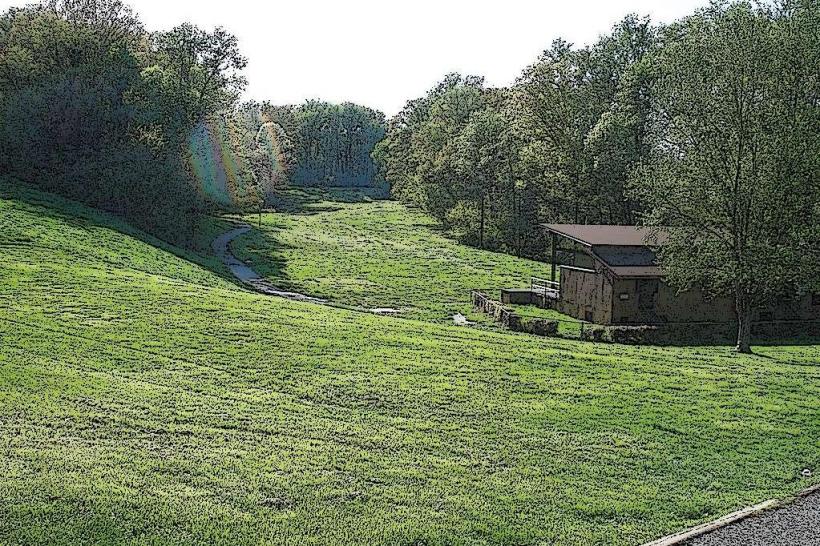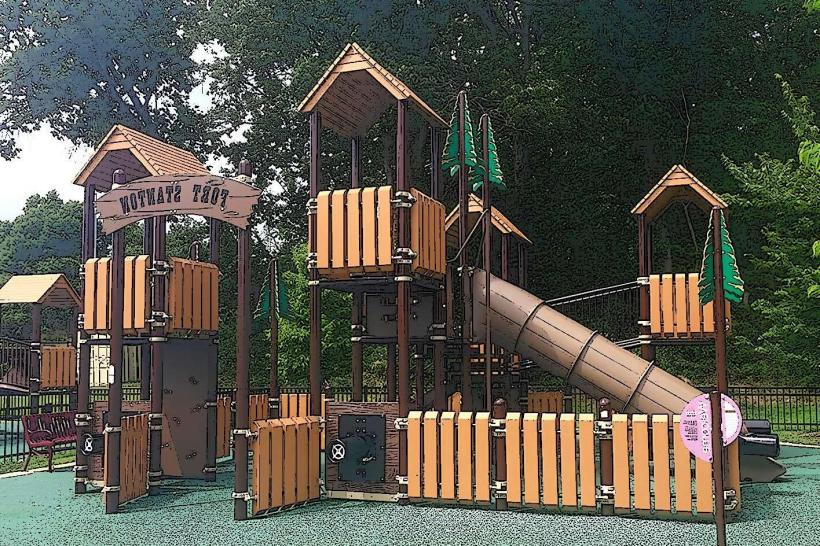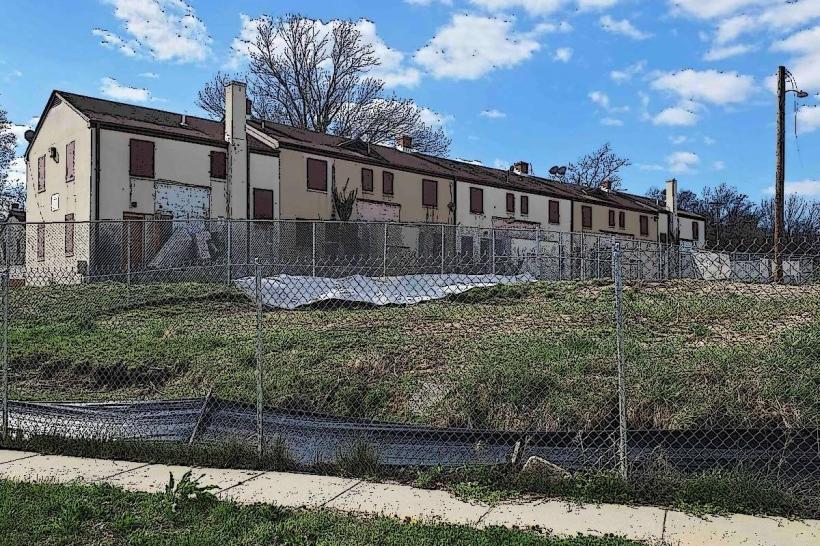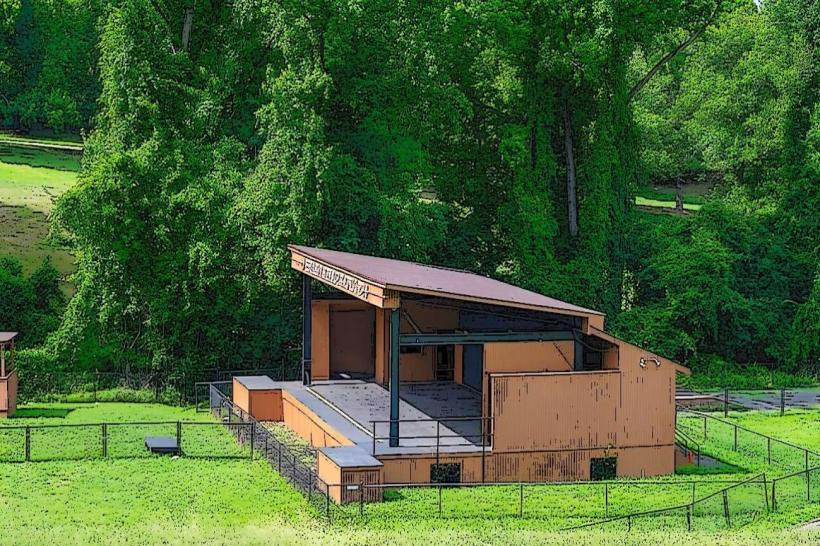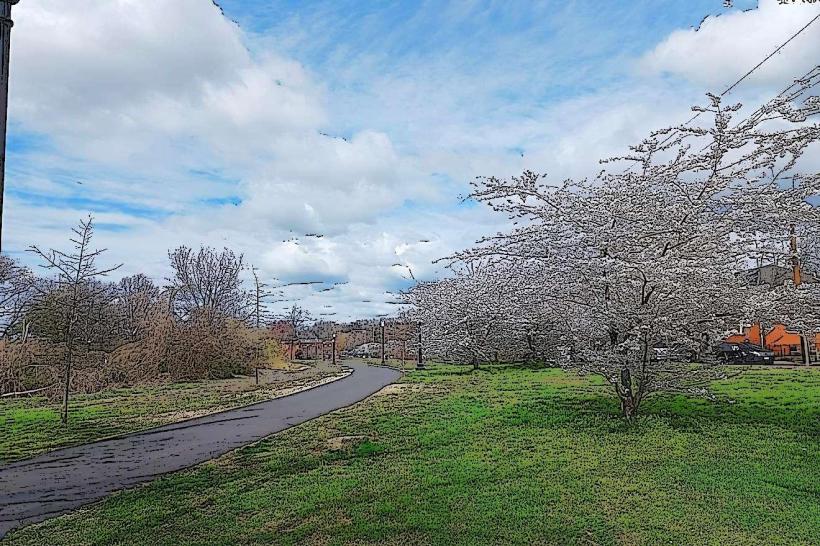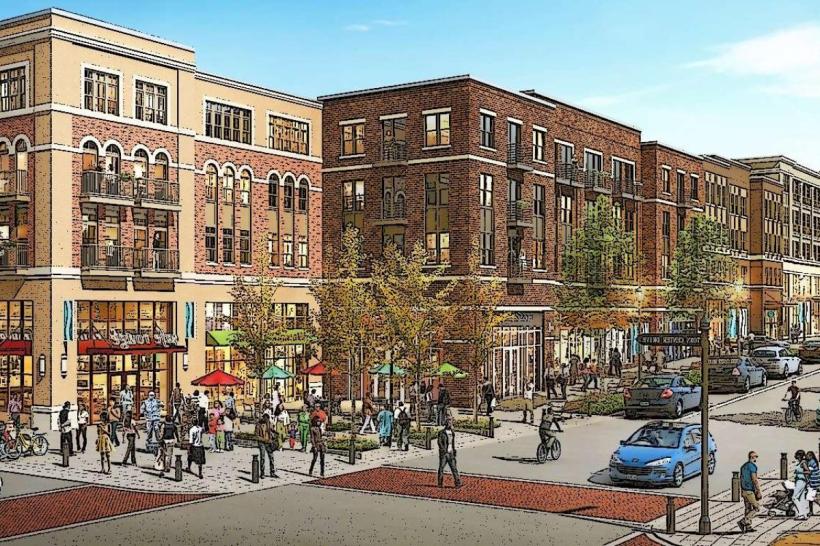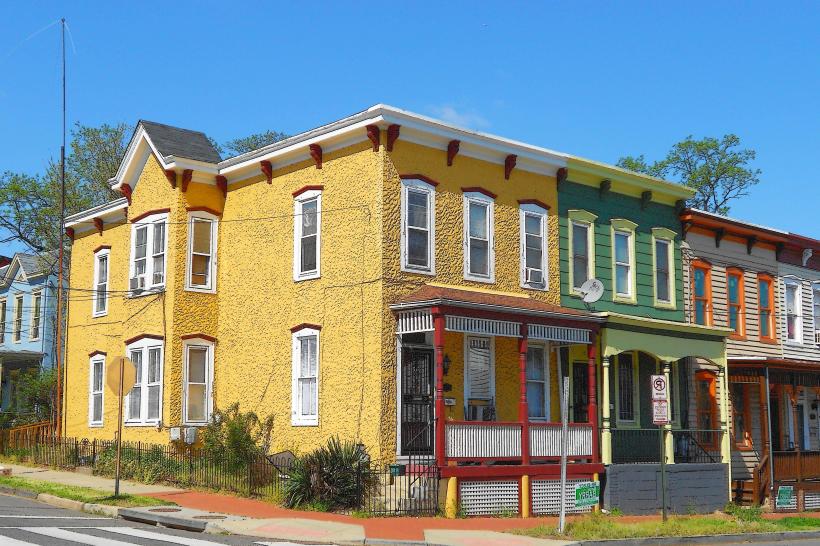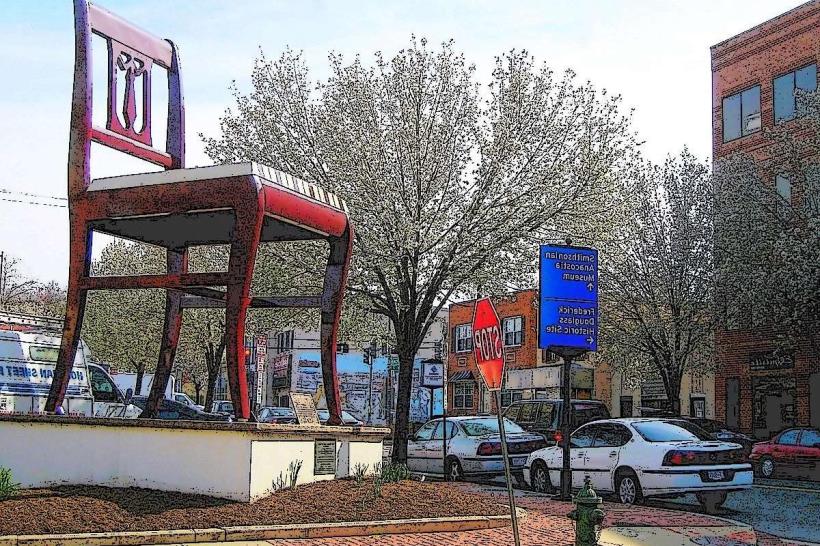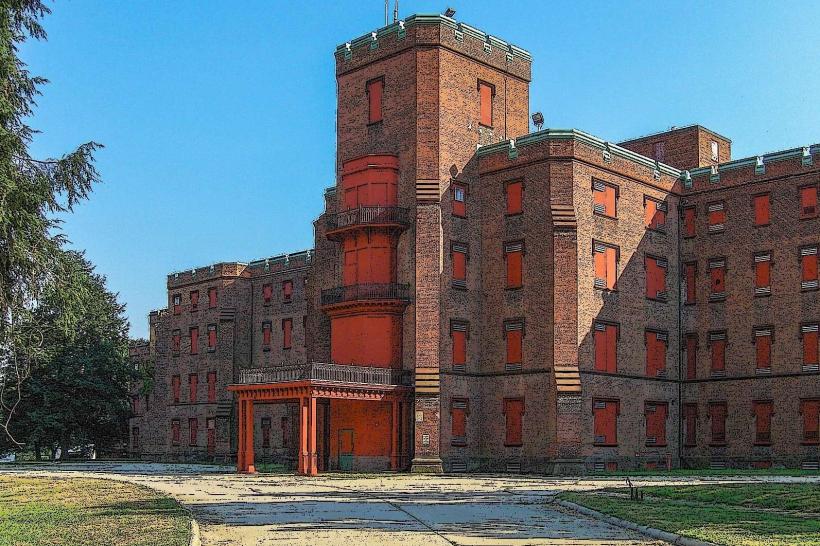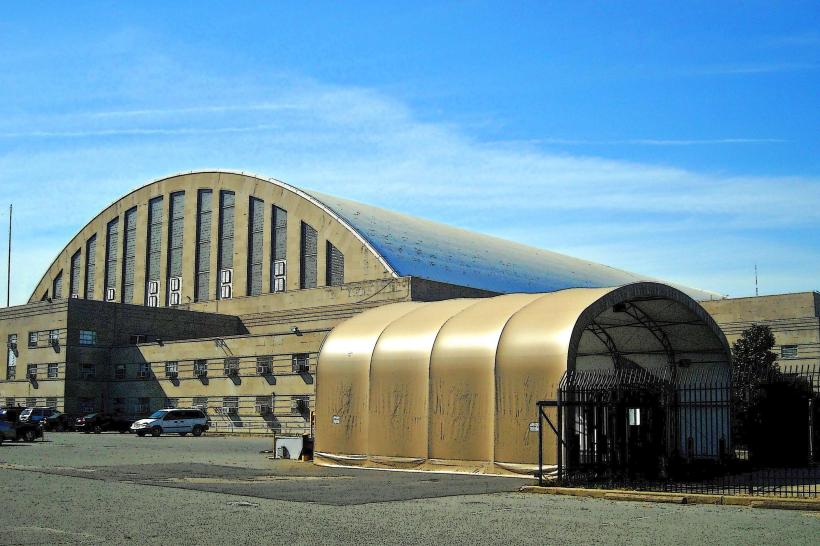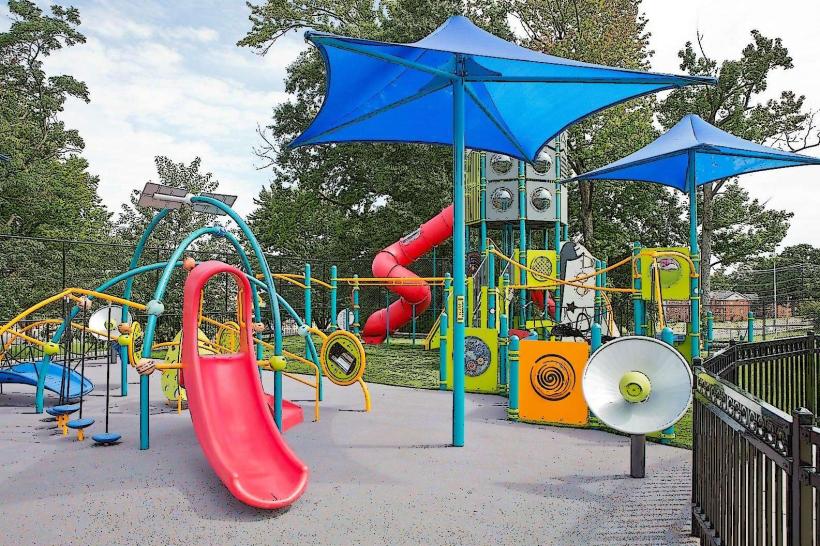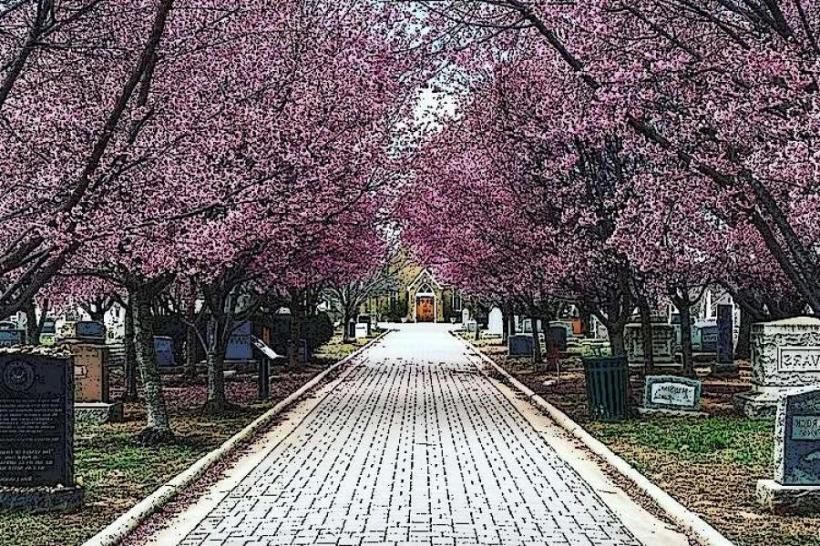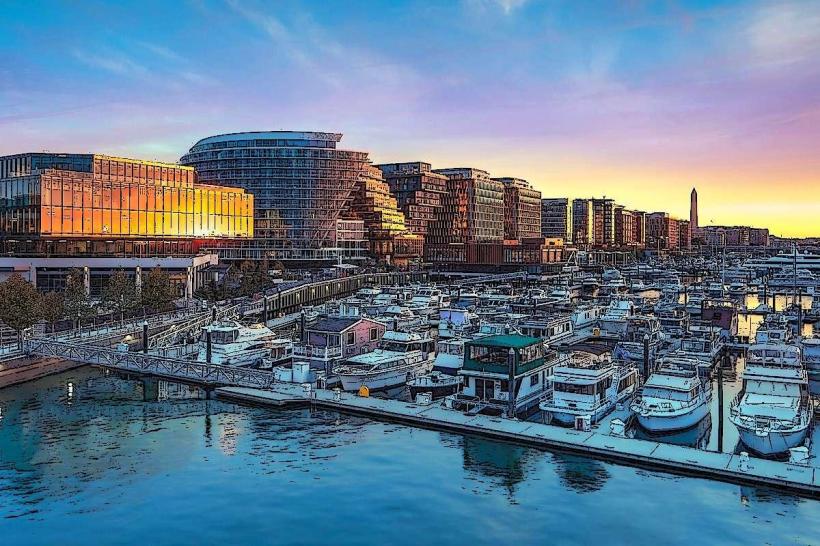Information
Landmark: Southwest Community GardenCity: Southeast Washington
Country: USA Washington DC
Continent: North America
Southwest Community Garden, Southeast Washington, USA Washington DC, North America
Southwest Community Gardens is a dynamic urban green space located within Lansburgh Park at 1098 Delaware Avenue SW, Washington, DC. Established in 2013, it has become a cornerstone of community engagement, environmental stewardship, and urban agriculture in the Southwest neighborhood of Washington, DC. The garden’s foundational purpose is to create an accessible, peaceful, and productive environment where residents can cultivate their own plots, grow fresh food, and strengthen social bonds through shared gardening experiences.
Historical Context and Mission
The garden was founded with the intent to revitalize an underutilized urban area and to foster a sense of neighborhood community by promoting hands-on participation in sustainable gardening. Named to reflect its location and community focus, Southwest Community Gardens stands as a symbol of urban renewal, sustainability, and grassroots involvement. Its mission centers on empowering residents to grow fresh produce, learn sustainable practices, and build lasting relationships, thereby improving both individual well-being and neighborhood cohesion.
Garden Layout and Facilities
The Southwest Community Gardens features 37 individual gardening plots, designed to accommodate diverse user needs. Among these plots, two are specifically constructed to be wheelchair accessible, ensuring inclusivity for gardeners with physical disabilities. Additionally, four plots are reserved for residents from nearby public housing complexes, emphasizing the garden’s commitment to accessibility and community support.
Individual plot holders lease their sections, providing them with personal space to grow vegetables, herbs, fruits, and flowers. This arrangement encourages personal responsibility and long-term commitment to the garden’s upkeep. Beyond the individual plots, the garden maintains a communal growing area where volunteers and community members can collaboratively tend to shared crops. This space serves as a hub for collective gardening efforts, fostering teamwork and communal pride.
Educational and Community Programs
A key aspect of Southwest Community Gardens is its educational outreach. The garden regularly hosts workshops, classes, and programs focused on sustainable agriculture and gardening skills. For instance, it partners with institutions such as the University of the District of Columbia and Sharondale Farm to provide mushroom cultivation workshops, a unique initiative that introduces participants to alternative growing methods and expands their horticultural knowledge.
The garden also collaborates with local schools, including Amidon-Bowen Elementary and Jefferson Middle School, to engage youth in hands-on agricultural learning. These programs are designed to educate children about the importance of sustainability, nutrition, and environmental stewardship, instilling early appreciation for healthy food systems.
Community Engagement and Social Impact
Southwest Community Gardens actively nurtures community relationships through inclusive and participatory events. Regular volunteer workdays on Wednesdays and Sundays encourage ongoing maintenance of the communal plots and offer opportunities for neighbors to interact, share knowledge, and support each other’s efforts.
A unique feature of the garden’s social model is its time banking system, where participants can exchange hours spent working in the garden for goods and services within the community. This approach fosters reciprocity and strengthens social networks, making the garden a vibrant center of mutual aid.
Annual events such as the Spring Kick-Off celebration bring the community together to plant new crops, paint murals, enjoy live music, and celebrate the arrival of the growing season. These events are vital in creating a sense of shared identity and joy around gardening activities.
Environmental Stewardship and Sustainability Practices
Sustainability is deeply embedded in the garden’s operations. The garden employs organic gardening methods, avoiding synthetic pesticides and fertilizers to protect soil health and local ecosystems. Composting is actively practiced to recycle organic waste and enrich the soil naturally, reducing environmental impact.
Water conservation techniques are also integrated, with careful irrigation practices designed to minimize waste and maintain healthy plants. These sustainable practices not only support the garden’s productivity but also serve as educational models for visitors and participants, promoting environmentally responsible urban living.
Achievements and Recognition
Southwest Community Gardens has earned accolades for its impactful community role and gardening excellence. In 2022, it was awarded “Best Community Garden” at the DC State Fair, a prestigious recognition highlighting its quality and community contributions.
The garden has also secured grants that fund programs such as cooking demonstrations for seniors, expanding its influence beyond gardening to include nutrition education and health promotion. These initiatives underscore the garden’s role as a holistic community resource addressing multiple aspects of well-being.
Visitor Information and Accessibility
The garden is situated in an accessible urban park setting, easily reachable by public transportation and bicycle. Individual plots are leased annually, with applications open to community members interested in gardening. The inclusion of wheelchair-accessible beds and reserved plots for public housing residents ensures the garden serves a broad demographic, promoting equity in access to green space and fresh food.
Regular volunteer opportunities and open workdays invite community participation regardless of gardening experience, making the garden a welcoming space for novices and seasoned gardeners alike.
Southwest Community Gardens exemplifies the power of urban gardening as a catalyst for community revitalization, environmental education, and social connection. It transforms a city space into a thriving ecosystem of plant life, learning, and neighborly cooperation, deeply enriching the Southwest DC neighborhood and inspiring sustainable urban living.

